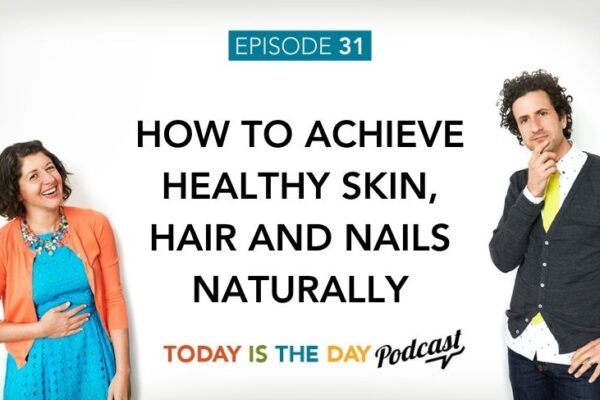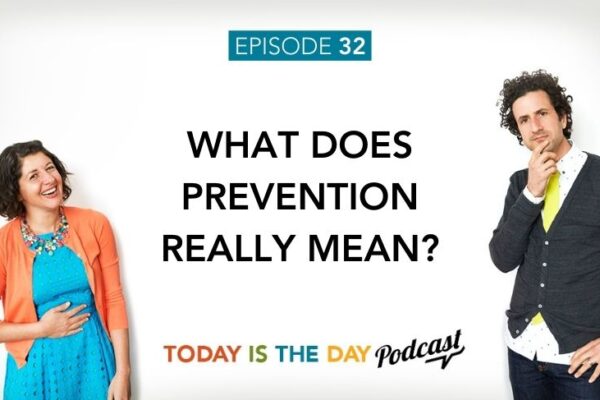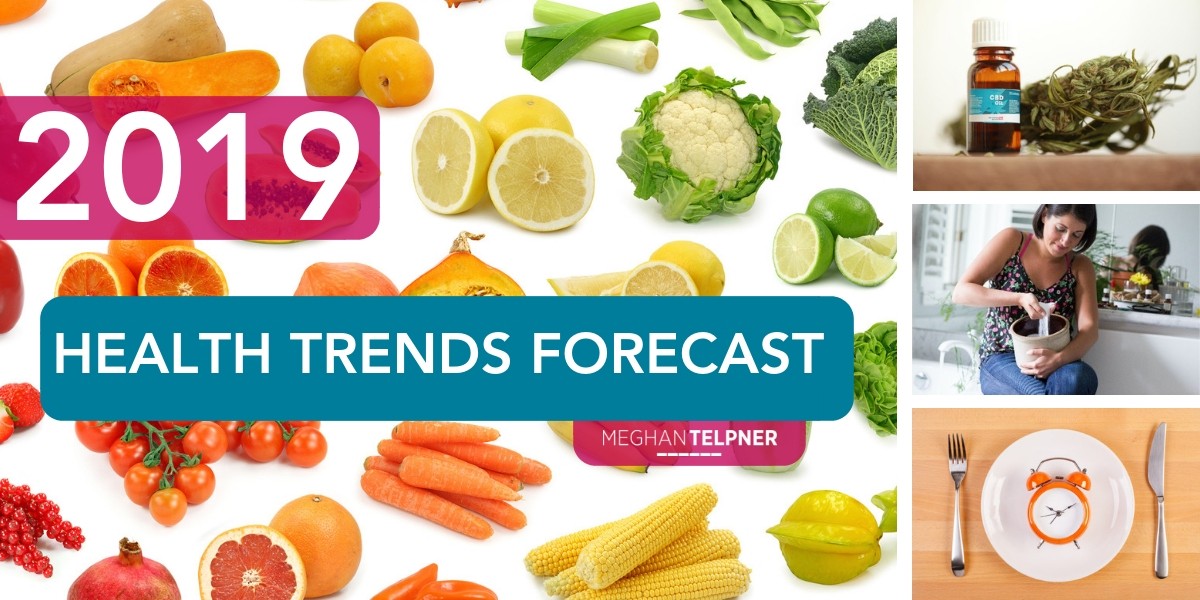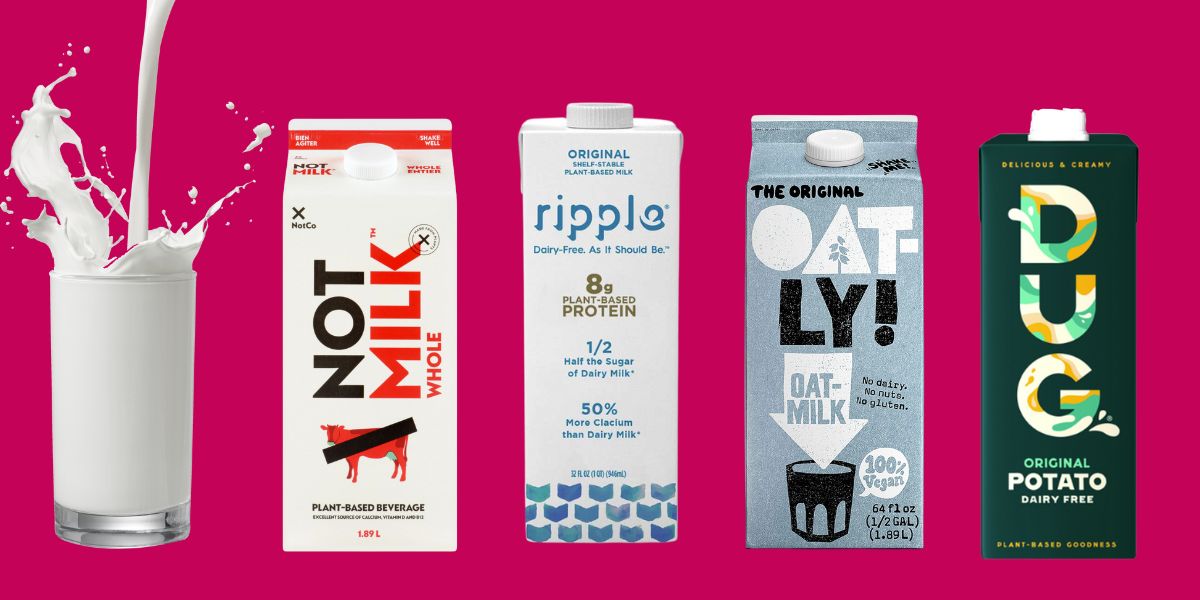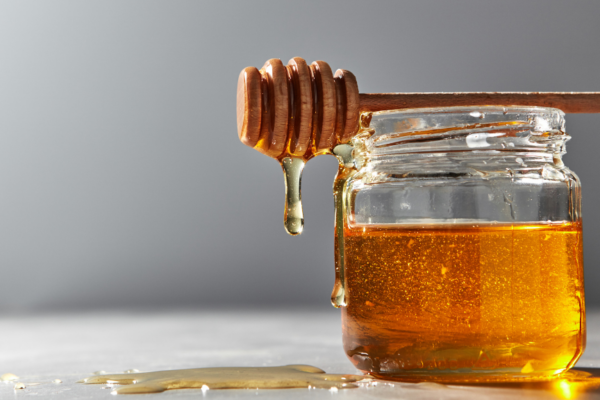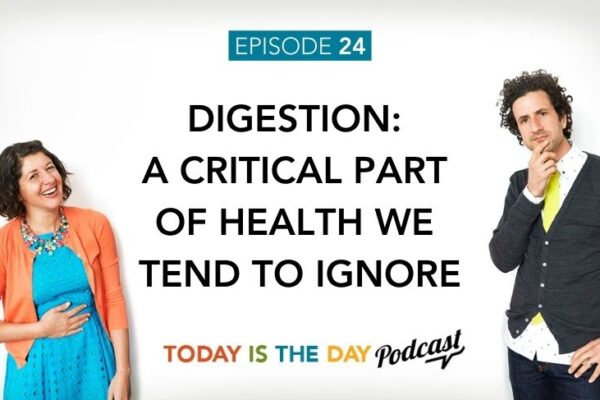What is CBD and Should You Be Taking It?
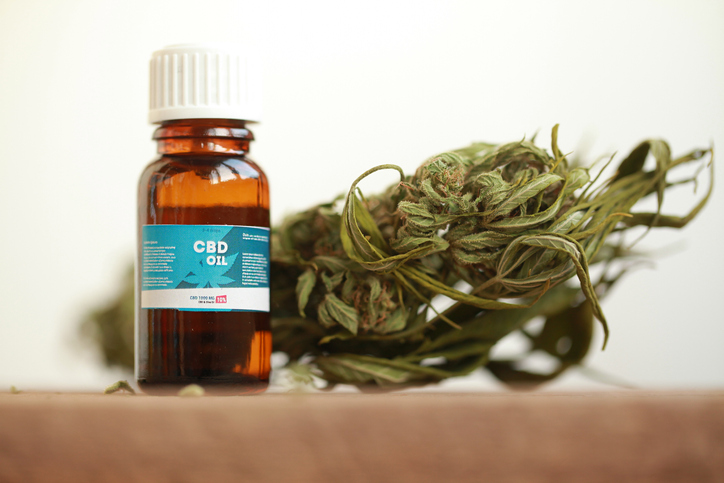
Does it seem like all of a sudden, everywhere you turn, there’s a new CBD oil-based product? People are vaping it, buying it in vials, adding it to recipes, putting it in beauty care, honey, chocolate and the list goes on. Why is this suddenly such a big deal? Why does it seem like everyone is suddenly talking about and taking CBD?
There are two ways to answer the question. We could easily surmise that the popularity of CBD, the phytochemical component in cannabis considered to have the calming effect, is on the rise because the conditions it’s purported to treat are also on the rise – namely chronic anxiety, depression, insomnia, cancer, auto-immune diseases, inflammatory conditions and most commonly, chronic pain.
There are also the political reasons.
What Is CBD
Marijuana contains several plant components that have an affect on the body, the two most notable being Delta-9 Tetrahydrocannabinol, better knowns as THC and the other is cannabidiol, known as CBD. Both are found in a variety of proportions in the cannabis (marijuana) plant. THC typically has more of a psychoactive effect, while CBD has a more relaxing effect. Back in the day, let’s say when our parents or grandparents were free loving, marijuana typically had much higher levels of CBD than THC, creating a more mellow type of ‘high’. These days, plants have been bred to typically have higher levels of THC, which leads them to possess more of a psychedelic or hallucinogenic effect. When CBD oil is extracted from the plant, it doesn’t give people the high that you get from smoking marijuana with the THC present.
Is Cannabis and CBD Legal?
Effective October 17th, 2018, cannabis is legal for recreational use in Canada, along with several states in the US. With these evolving laws, the taboo is waning. CBD on its own, as an extraction from the marijuana plant, is currently available across Canada and in some US states by way of prescription from an MD. With the new and shifting laws comes an increase in regulation as well as testing. You can learn more about the legalities and regulations in Canada here, and in the US here.
Needless to say, the evolving laws around cannabis and the increase of availability, specifically of CBD products has people across North America excited about a new, potentially less harmful option, for treating chronic health challenges.
There is both a perceived positive and negative to this. Many long-time users of CBD who have experienced significant improvement in their quality of life don’t want regulation getting in the way. Many believe their health and their lives depend on access as they’ve been getting it, whether legal or not. On the flip side, some believe that a significant benefit to legalization and regulation is that there may actually start being some long-term, large cohort, double-blind placebo studies – the gold standard when it comes to this type of research.
Why Do People Use CBD AND HOW DOES IT WORK?
CBD is being promoted as a natural health product, a solution to many health ailments. Our bodies have cannabinoid receptors that are found in our central nervous system. CBD affects these receptors, which are involved with processes like mood, memory and pain. How these receptors function and respond to CBD is incredibly fascinating.
People are using used CBD oil for a variety of conditions. There are also hundreds of studies on its benefits. The challenge with the research is that it is all very new. Currently, though there are hundreds, even thousands of studies on THC, CBD, and cannabis, with a new one published nearly daily, there is currently extremely limited research relating to long-term use on large groups of people.
Most Common Uses of CBD Include:
- Anxiety: CBD has been studied as a potential treatment for anxiety disorders including generalized anxiety disorder, panic disorder, social anxiety disorder, obsessive-compulsive disorder, and post-traumatic stress.
- Cancer: Some cancer patients report that CBD helps them alleviate pain, as well as deal with other challenges like nausea or lack of appetite, while other scientific reviews concluded that the evidence for this beyond what is self-reported is mixed or inconclusive. Researchers are also investigating the anti-cancer properties of CBD itself – there is a growing body of research that examines CBD’s ability to affect tumour growth and prevent cancer cells from spreading.
- Inflammatory Conditions: Researchers are looking into how CBD can help to modulate the immune system and suppress the chemicals that induce inflammation. It’s been studied in a number of inflammatory conditions including Crohn’s, colitis, arthritis, respiratory conditions, acne, liver injuries and more.
- Pain Management: Many people use CBD as a tool for pain management, whether it’s for cancer-related pain, inflammatory diseases, autoimmune diseases, or neuropathy (nerve pain). This meta-analysis of cannabinoid trials found that they can be most effective for neuropathic pain.
- Neurological Diseases: Some evidence indicates CBD may be helpful for neurological conditions such as Alzheimer’s, Parkinson’s, Huntington’s, ALS and multiple sclerosis, and may also have a neuroprotective effect and help us build new brain neurons.
This is just a small slice of the CBD research and information available. There are a LOT of studies about cannabinoids such as CBD and THC. If you’d like to check them out for yourself, you can read any one of these 500+ abstracts.
The Murky Legality around Specific Health claims
The rules are murky. That’s the best way I can describe it. In Canada it is being legalized for “recreational use”, but there remain very specific guidelines around who it can be promoted to (not minors) and specific health claims are prohibited. This I find sort of funny, especially given that doctors used to promote cigarettes, and there are still studies coming out all the time about the ‘health benefits’ of various alcohol consumption practices.
The Big Questions: CBD Considerations & Cautions
CBD Animal Studies and Human Studies
Many of the studies about CBD use animal models. There are many that test on human patients and include both self-reported data and some objective measures. Animal studies certainly have value, and can be used as preliminary evidence to support a human clinical trial, or could be extrapolated to apply to humans. However, not all animal studies are going to apply in the same way. And not all self-reported data can stand up against critical evidence.
Short-Term and Small Scale Human CBD Studies
In the human studies I read, the number of people included was small – often less than 10 people. A 2017 safety update on cannabinoids said that the largest study of CBD so far was 261 people – most of whom were children. Positive results in a small group are promising, but can we say that something that works for 6 people with a specific condition will also work for millions of people who have the same disease or condition? I’m not saying no, but as much as I want to, it would be hard to say yes for sure.
The current studies that exist on CBD oil involve participants taking it for a short period of time; right now, we don’t know what the effects will be five years or ten years down the road. In 2017, the National Institutes of Health in the United States approved the first long-term study of medical marijuana that will follow patients for five years.
In Canada, where I live, there is a new Cannabis Act as of October 2018 that permits recreational use. Perhaps this will lead to more fully funded, long-term and large-scale studies of CBD and how it might affect a larger population.
CBD and Pharmaceutical Drug Interactions
Certain drugs can interfere with the enzymes that metabolize CBD, which can potentially lead to “higher CBD doses that are longer pharmaceutically active.” Conversely, CBD can disrupt the enzymes we use to process some drugs, such as Warfarin.
CBD Dosing and Delivery Methods
CBD studies can use a variety of methods to deliver CBD – extracts, oils, tinctures, topical solutions, pills, sprays, vapes. If we’re looking to address or heal a condition, how do we know what form to take, or if the dosage given in these scientific studies is the same as what is available from the dispensaries? How do we know what dosage to take for what? This may be something that would be remedied over time with some regulation, testing and long-term studies. As it stands right now, if a practitioner wanted to prescribe or recommend CBD to a patient or client, there is very little understanding around what to recommend, how much CBD is actually present in the product, and how much is needed for the desired results.
CBD Practitioner Training
How well trained are the people selling these CBD oil products? Dispensaries have been cropping up across the country for several years. Here in Toronto, there is currently a dispensary on nearly every block of the main downtown streets. They began popping up in 2016. A lot of the rules that are in place involve licensing, employee standards and the like, but I couldn’t find a ton of regulations concerning training employees about the conditions of clients interested in taking CBD, save for a Canadian cannabis trade association that includes some guidelines for patient intakes (however, as a trade association, it’s not mandatory for all dispensaries to join).
Working with clients who are dealing with health issues is serious. Food, supplements, drugs, lifestyle habits, health history and more all play a factor in creating a customized protocol. In this field, it can be a fine line between effective, therapeutic recommendations, and the ever-popular “woo woo” stereotype.
Quality
Where is all of the CBD oil or medical marijuana stock coming from? How is it cultivated, grown, processed and extracted? Does what we’re buying actually have the actual therapeutic dose needed to produce the desired effect? How do we know it doesn’t have anything in it that we don’t want?
Big Business
The medical marijuana market is predicted to grow to over 1 billion CAD by 2020. With that growth, I hope there will be more standards and practices put in place regarding client health, but it could also go the opposite way and lead to further risk and exploitation of people who are in pain and looking for answers. This summer, in building our garden, I met with many landscapers. One shared with me that many of her favourite nurseries have been converted into grow-ops. Everyone seems to be talking “pot stocks” and the dollar bill signs in the eyes of many are shining. How do we keep it safe and effective for those who need it?
Is CBD Oil Addressing the Root Cause?
This is a question I always ask on this blog, to my students at the Academy of Culinary Nutrition, at live events, and to my friends and family who are working on their health. Is what we are doing addressing the root cause?
If your car started breaking down, would you get a paint job to make it look shiny and new, or open the hood and check out what’s happening inside at the source?
It can be easy, and appealing, and at times necessary to use something for symptomatic relief. I would be inclined to say that if a natural health product can resolve chronic pain or anxiety that is dramatically more preferable to piling on medications or suffering an inferior quality of life. But let us not forget that with most conditions, there is typically a root cause that also needs addressing. Band-aids can’t stay on forever.
My intention here is not to criticize or judge the use of CBD oil or medical marijuana for improving health and quality of life. Clearly, it works for many, and millions confirm that it has been a seeming miracle in reducing day-to-day suffering from dozens of ailments.
The question to keep in mind with CBD as with any other herbal remedy, nutrient supplement, or medication is whether it is addressing the root cause. Is there something that can be done from an upstream solution?
What’s My Verdict on CBD Oil?
Honestly, I don’t know. I expected in diving into the topic, doing the research, and discussing the matter with colleagues, friends, and others who use it, that I would have a definitive yay or nay. The truth is that I don’t. I can see its benefits. I know that it is far less harmful than prescriptive alternatives in terms of dependancy and side effects.
However, I am skeptical that it is the miracle remedy that it’s being played out to be in the media, but it might just be the closest thing we have right now. If it can actually do everything people claim it can, then it does appear to be the case. The evidence that it could potentially help many people is promising; however, the questions and variables around strains, dosing, method, and timing are a barrier for me to confidently say one way or the other. I think we need more time to assess the benefits and potential pitfalls of the CBD oil industry and its effect on our health. Perhaps I’ll be writing a blog post five years from now talking about how wrong I was to be concerned… Or maybe not.
When we’re considering adding a new food, product, supplement or lifestyle habit to our lives it’s key to work with a health practitioner who can ensure all recommendations are responsible and will benefit your health. This is absolutely something I would recommend with CBD oil, or any other natural health supplement.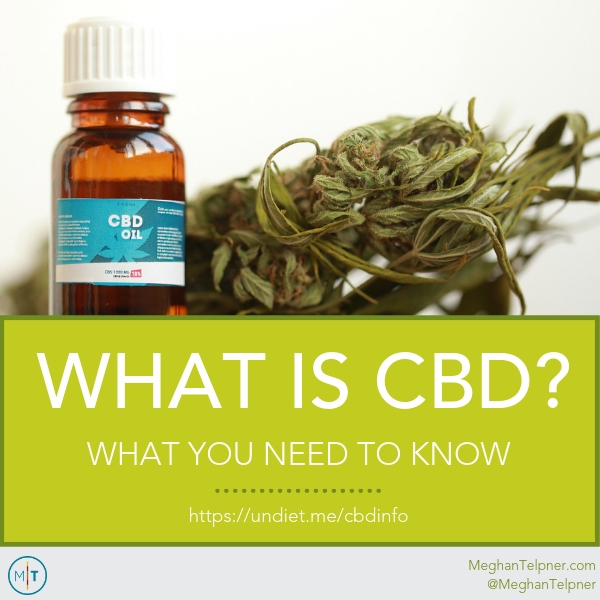
Free Resource Library
Enjoy more than 40 downloadable guides, recipes, and resources.















